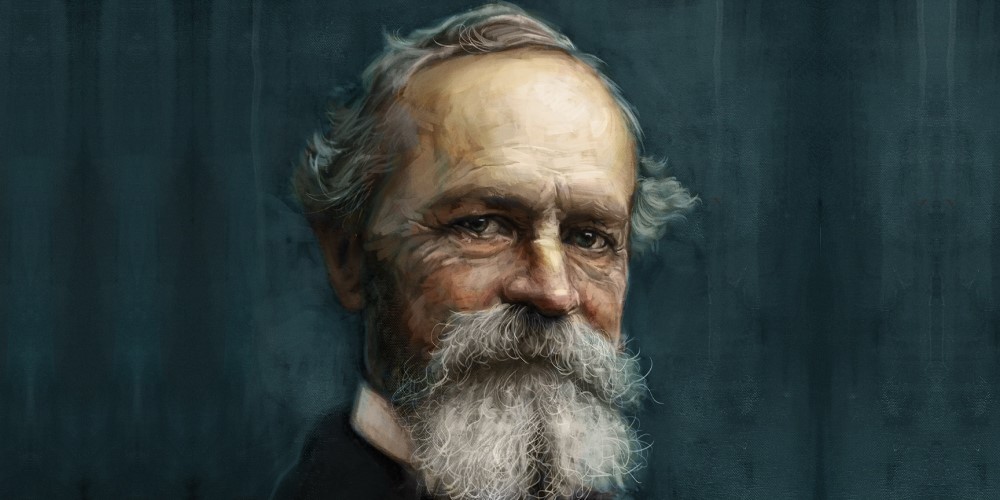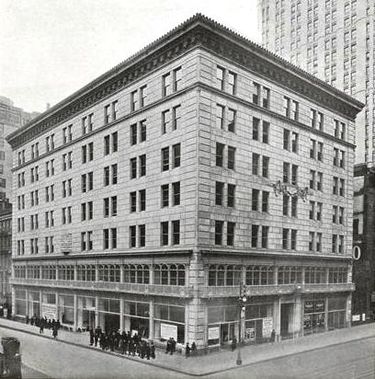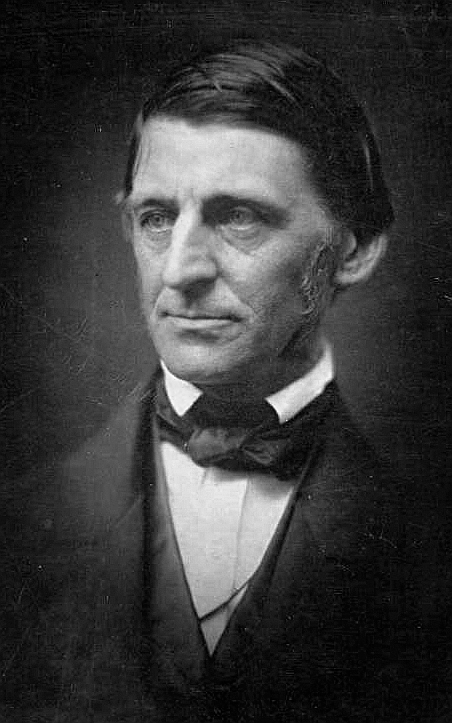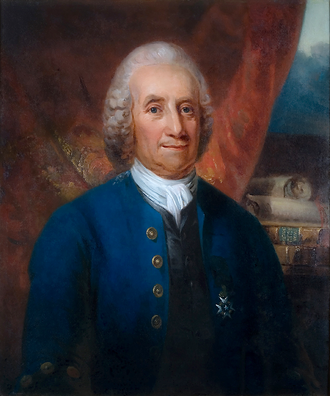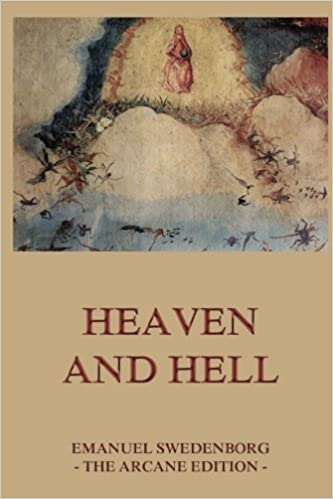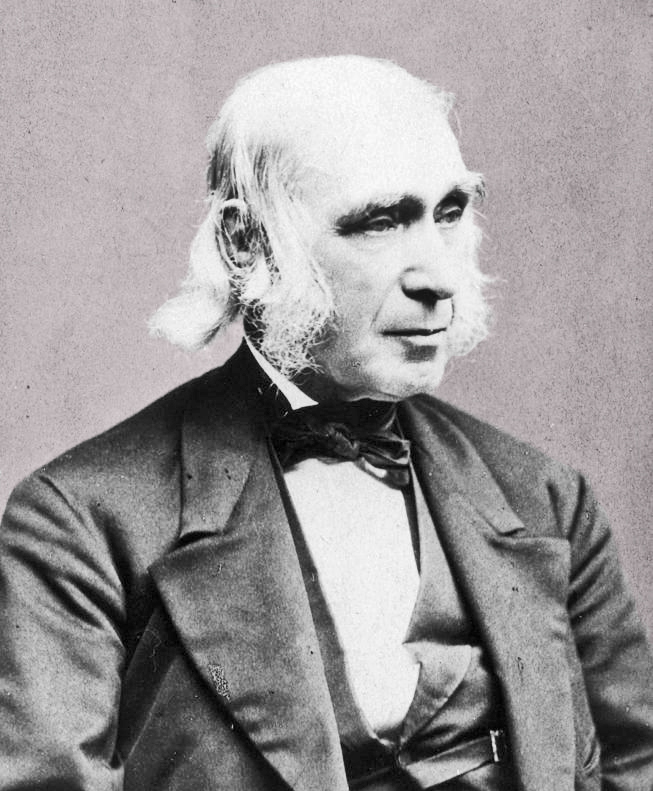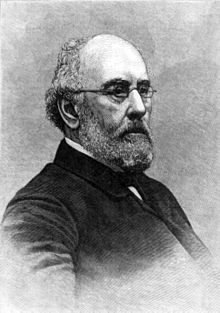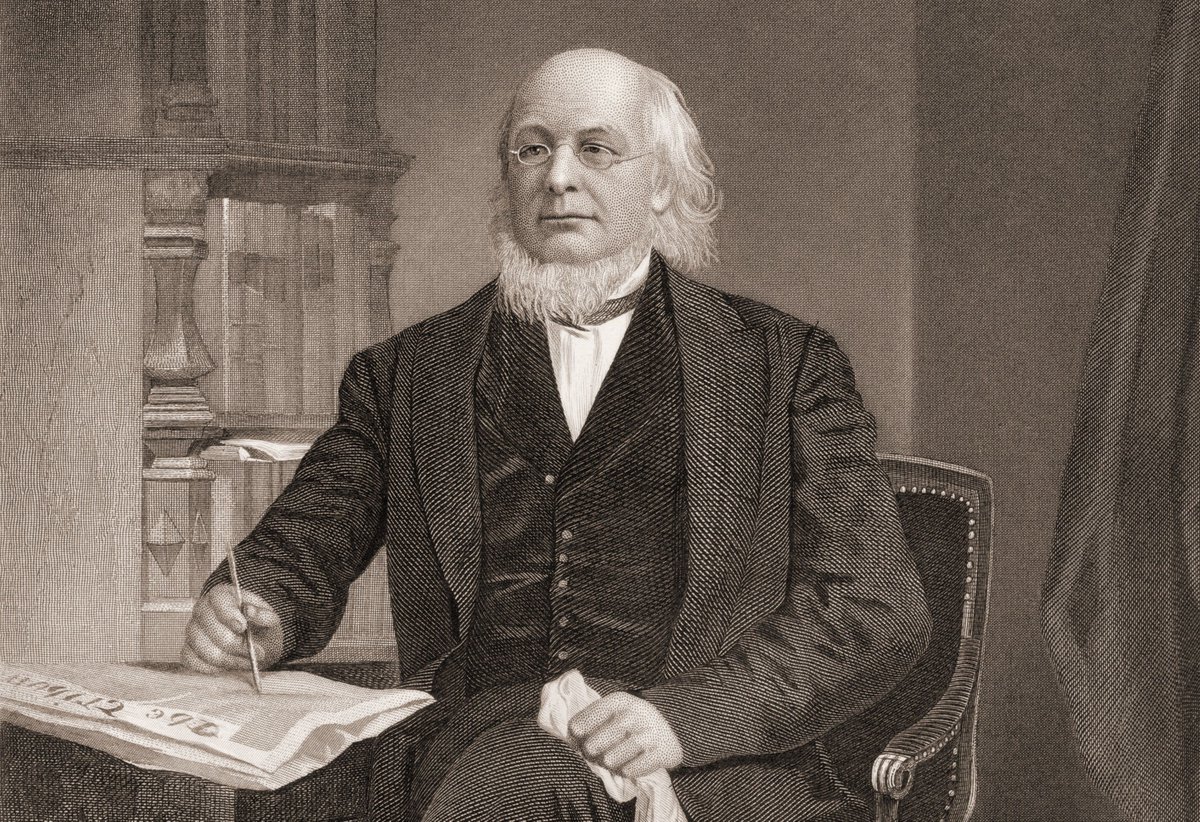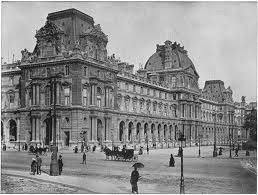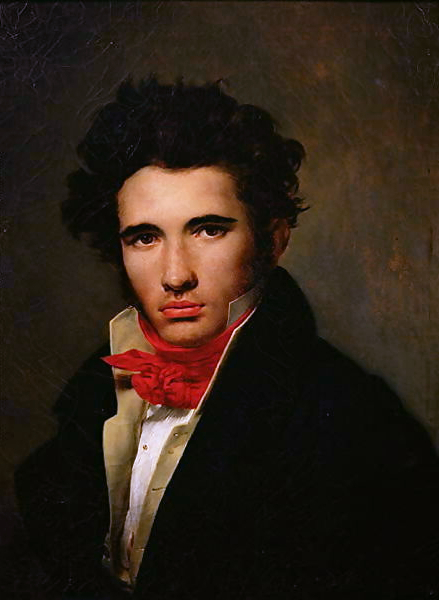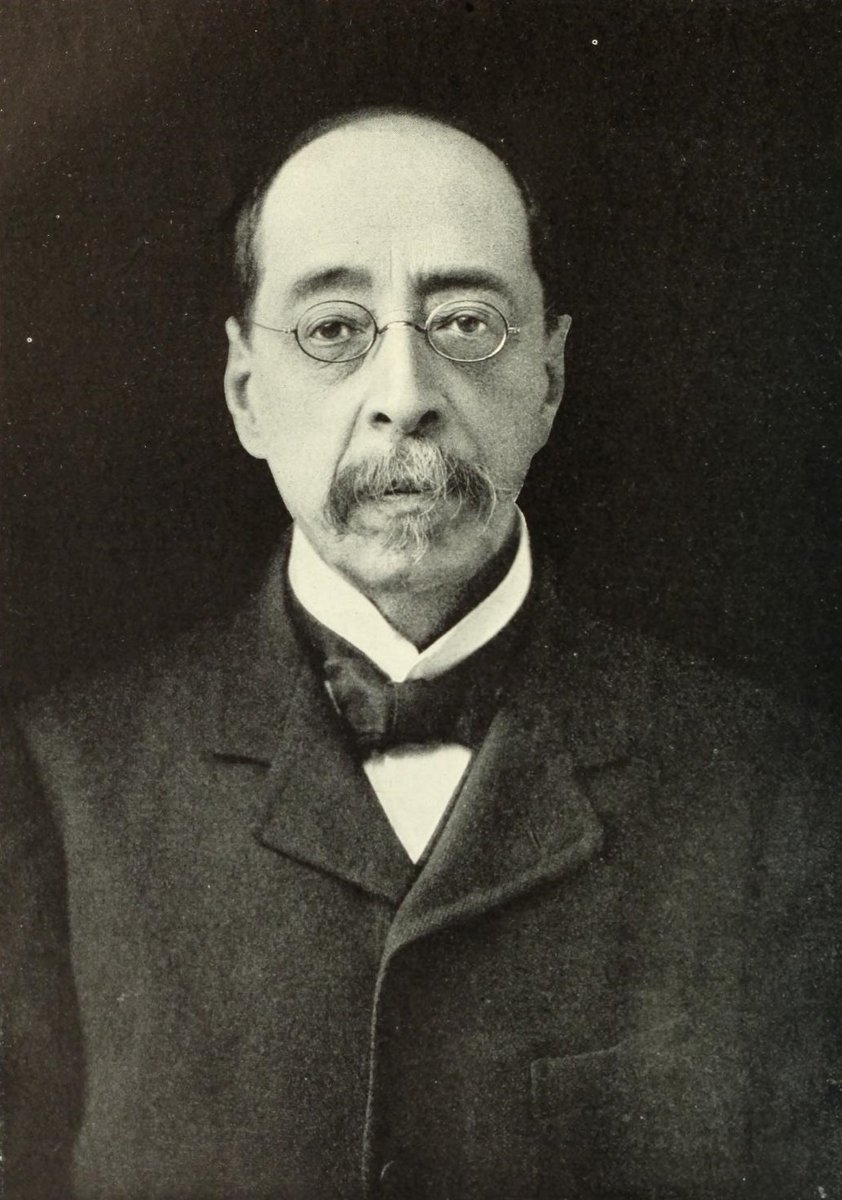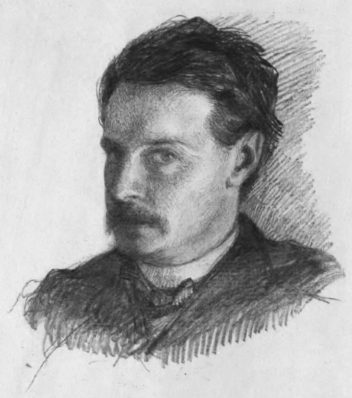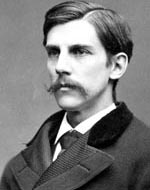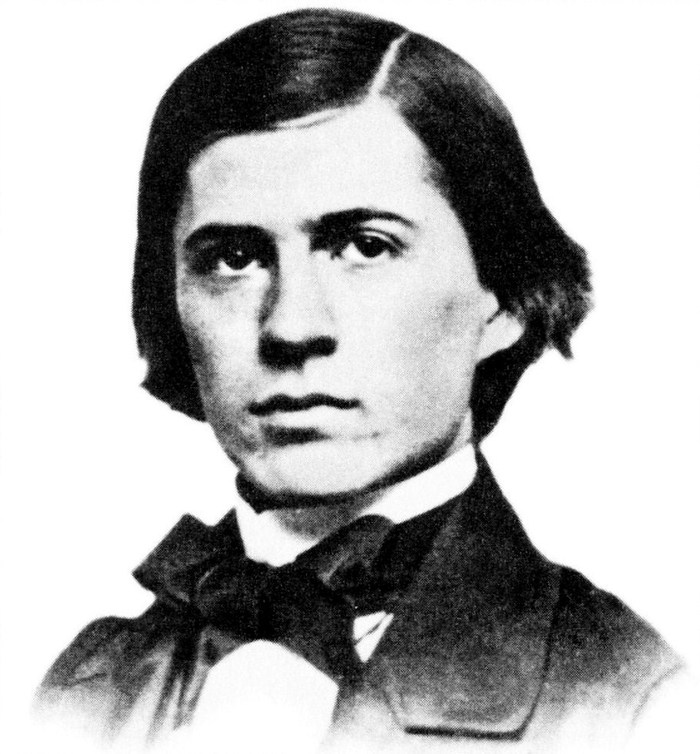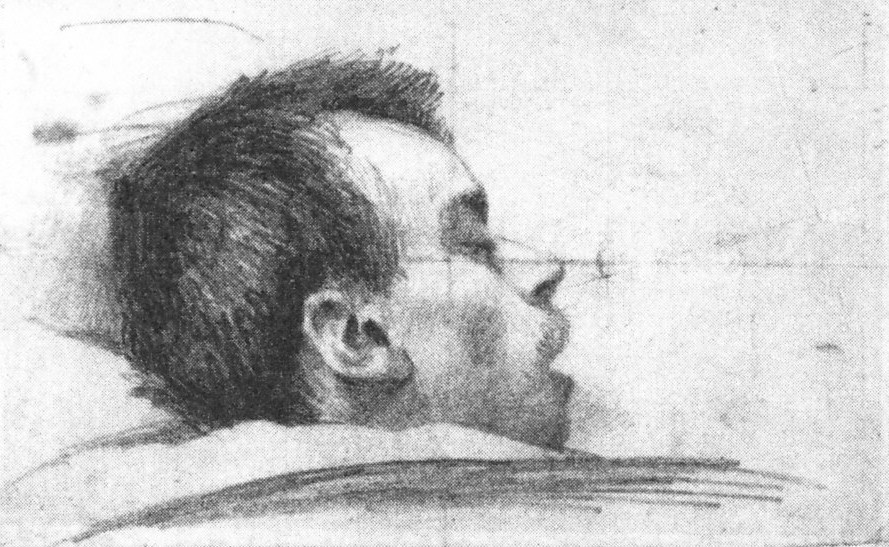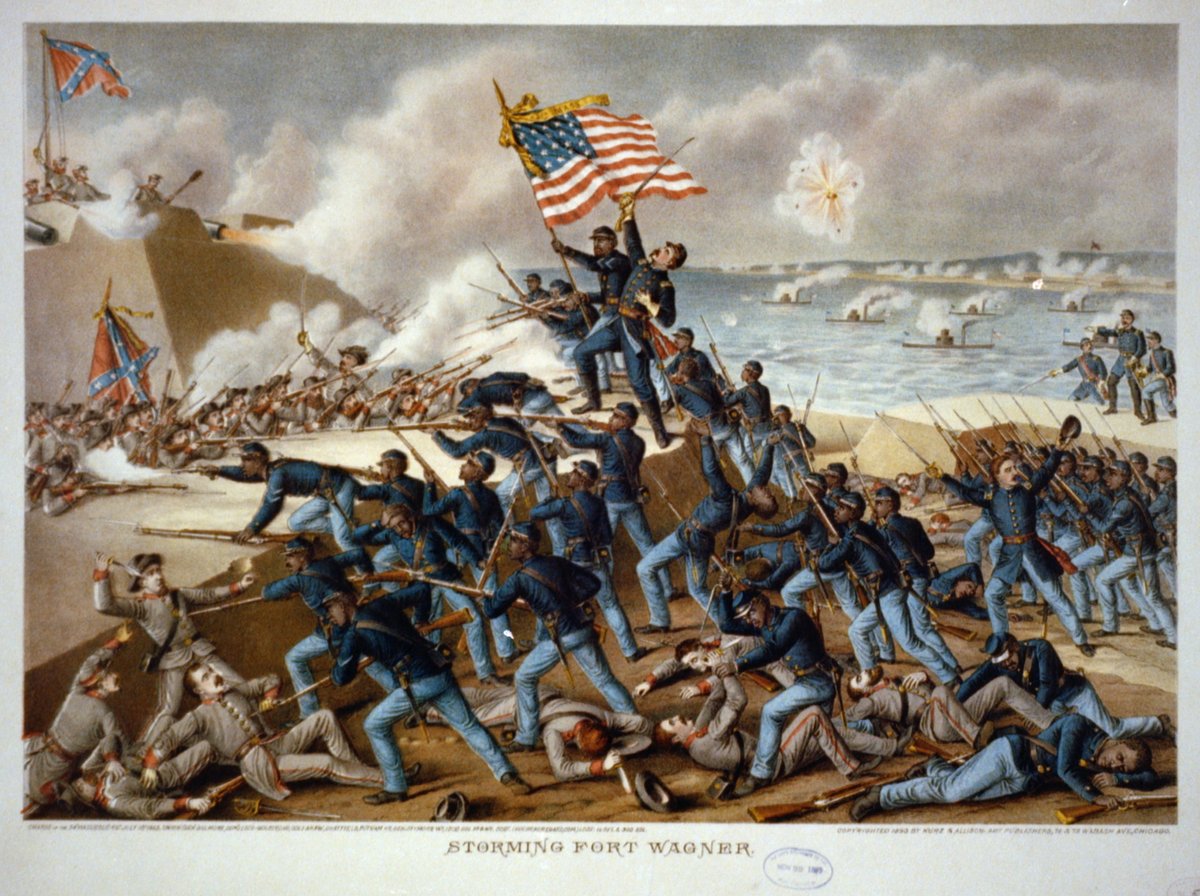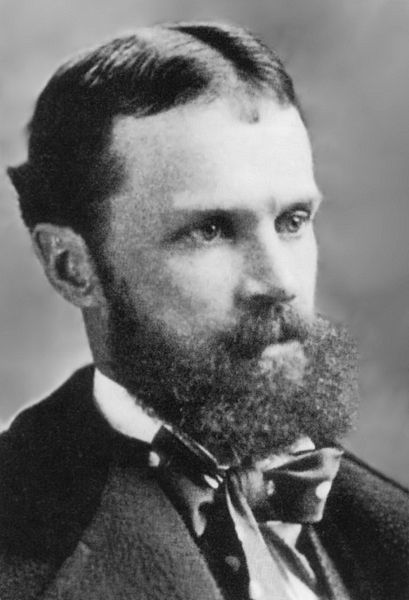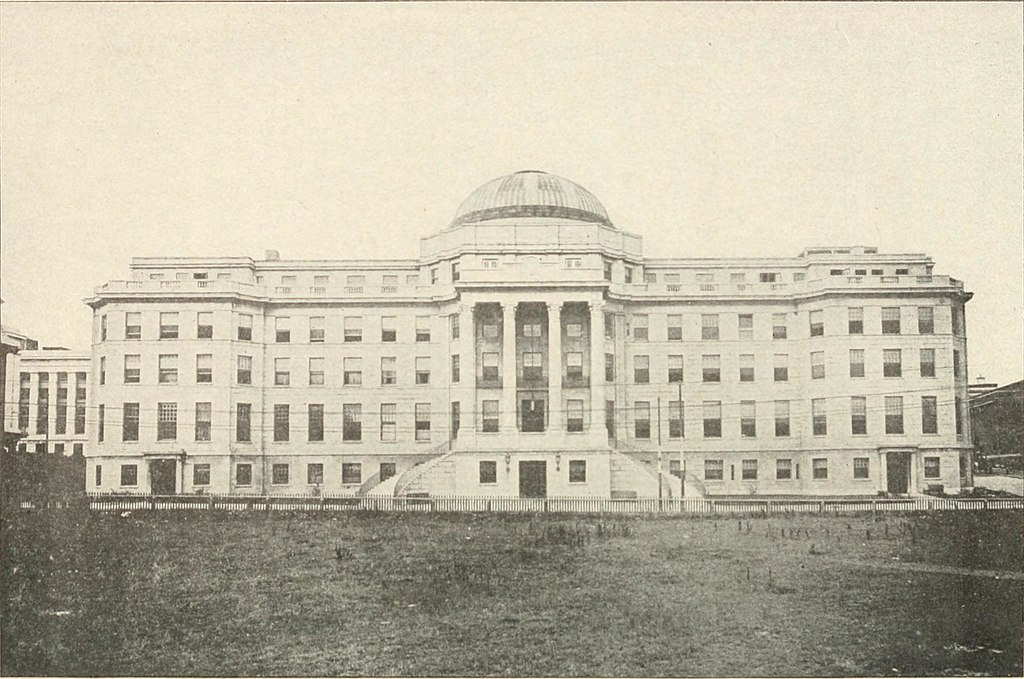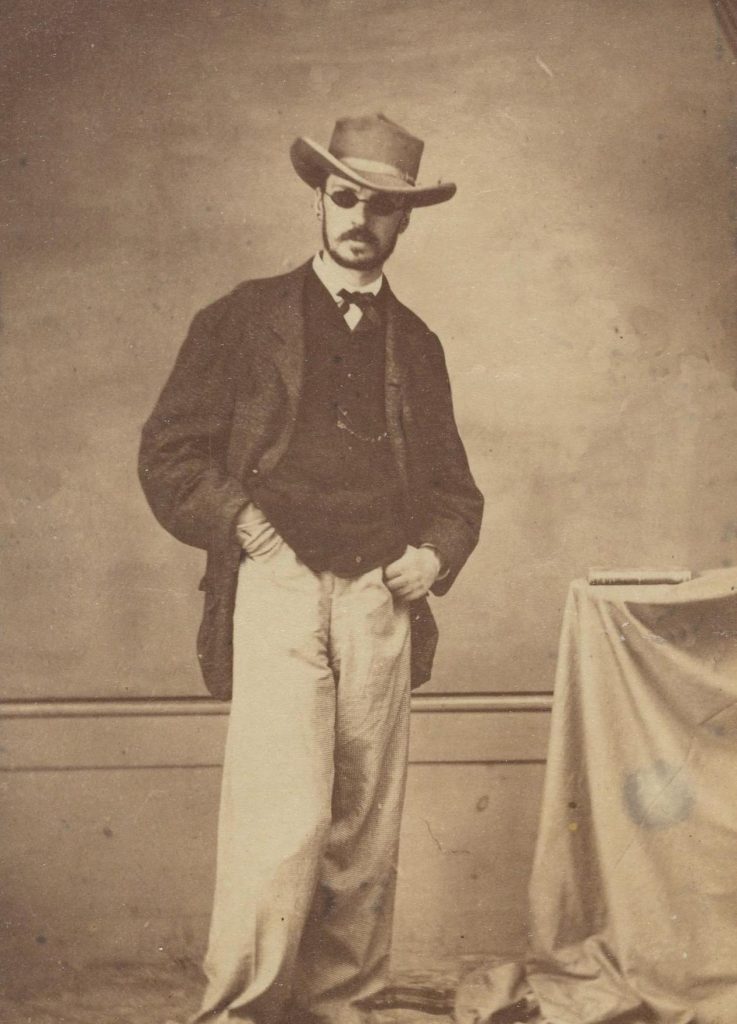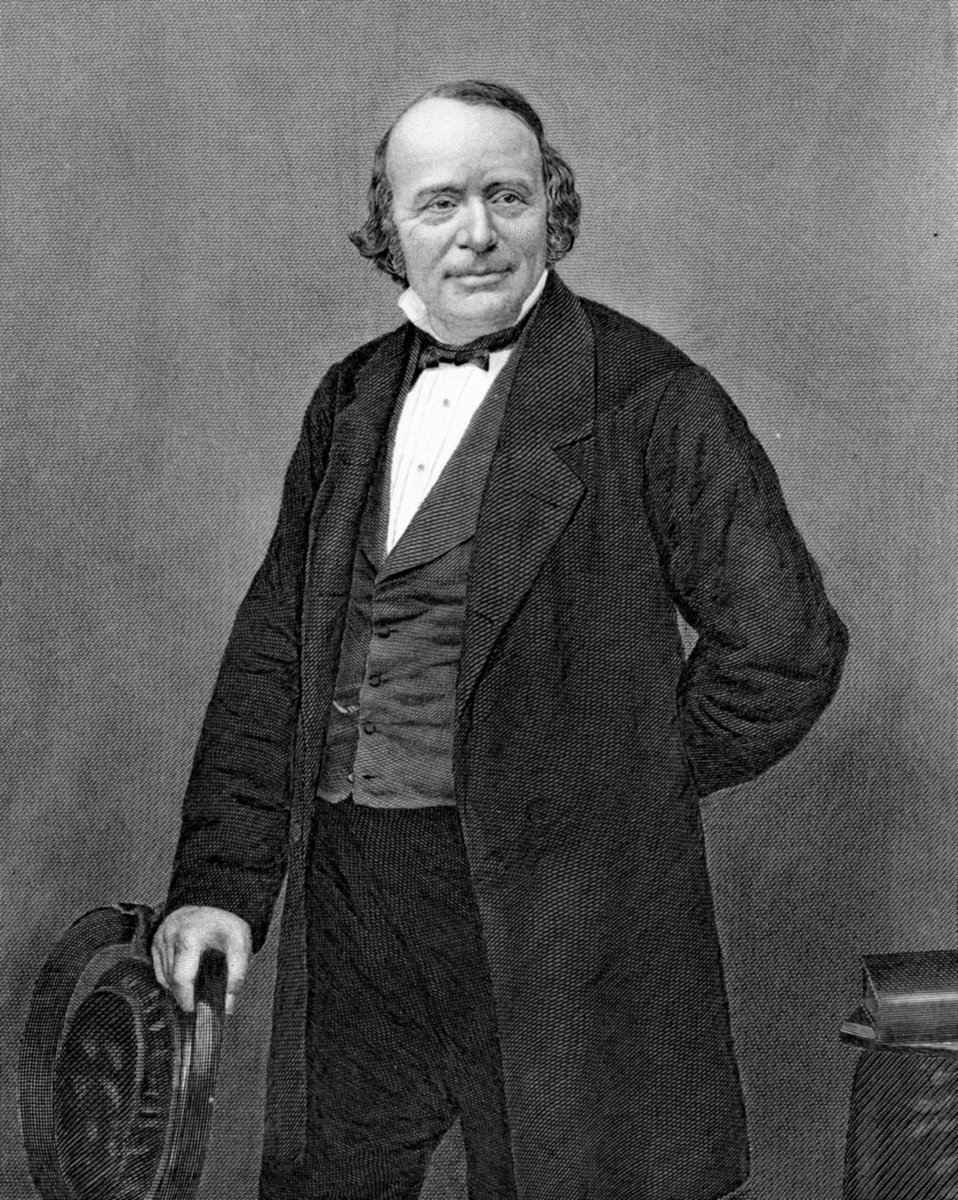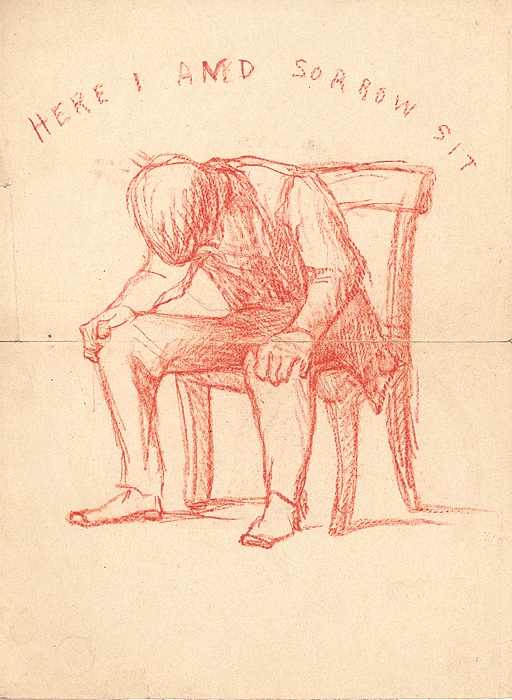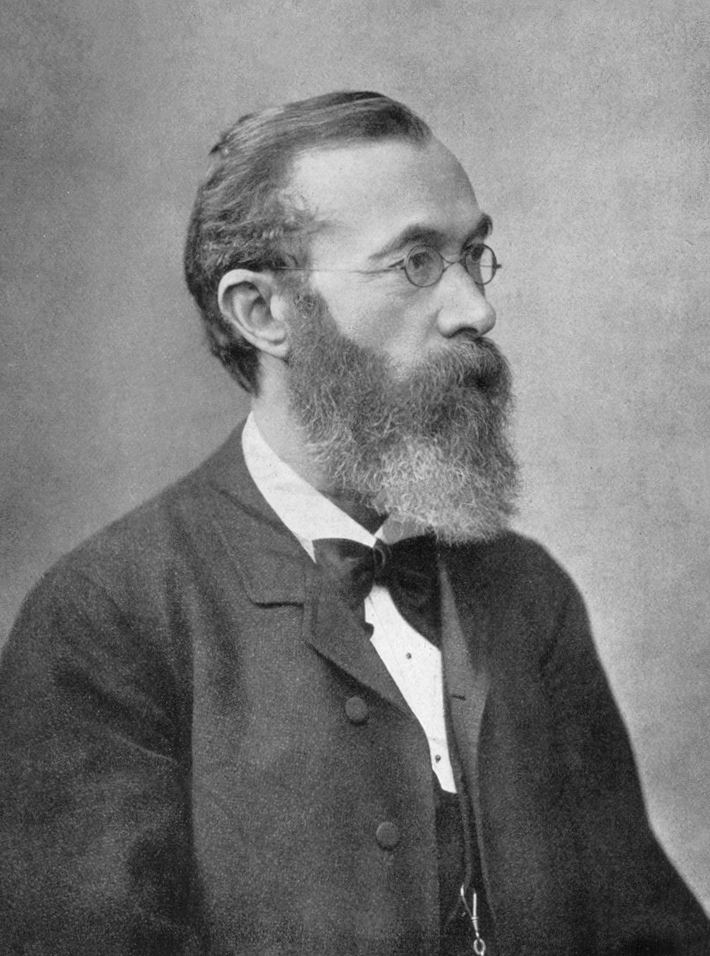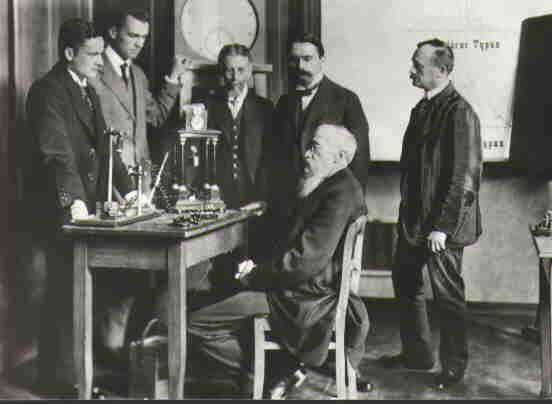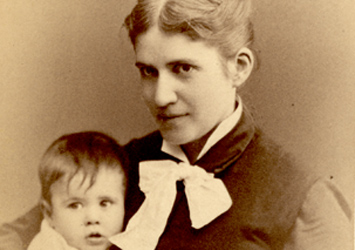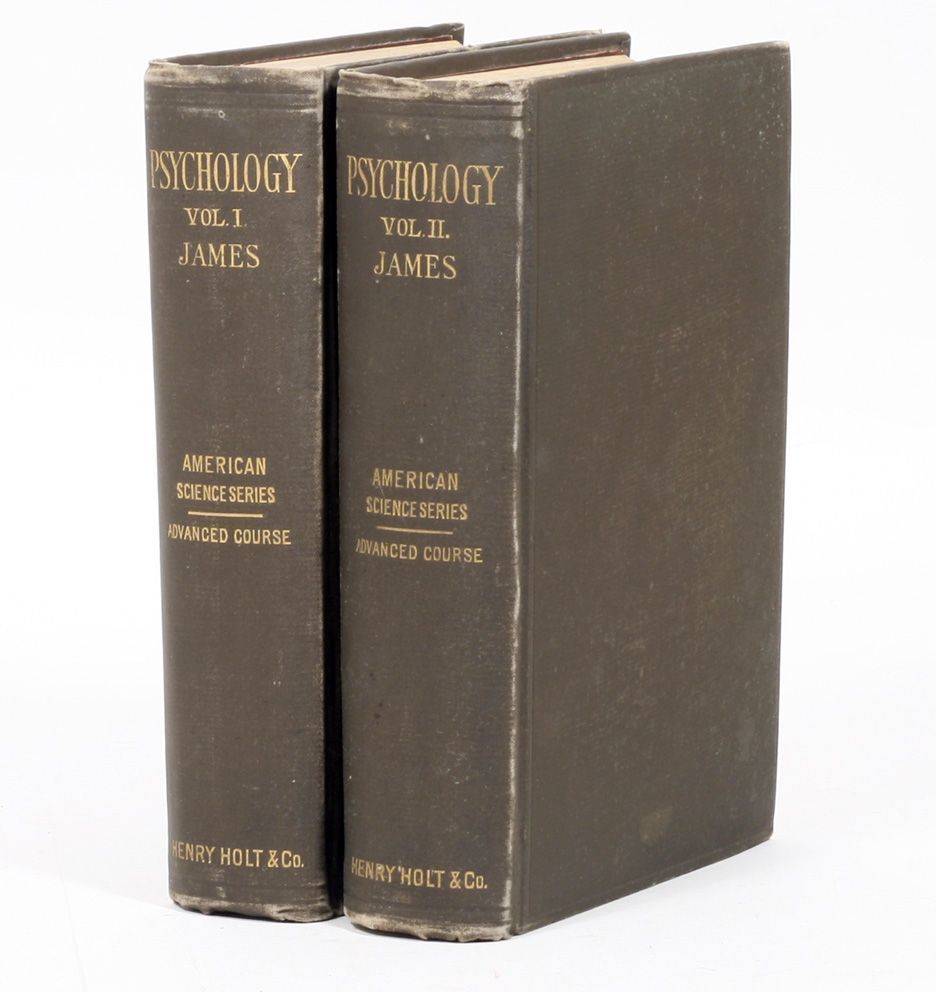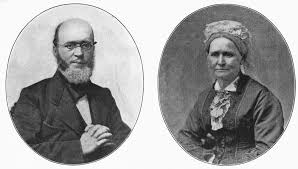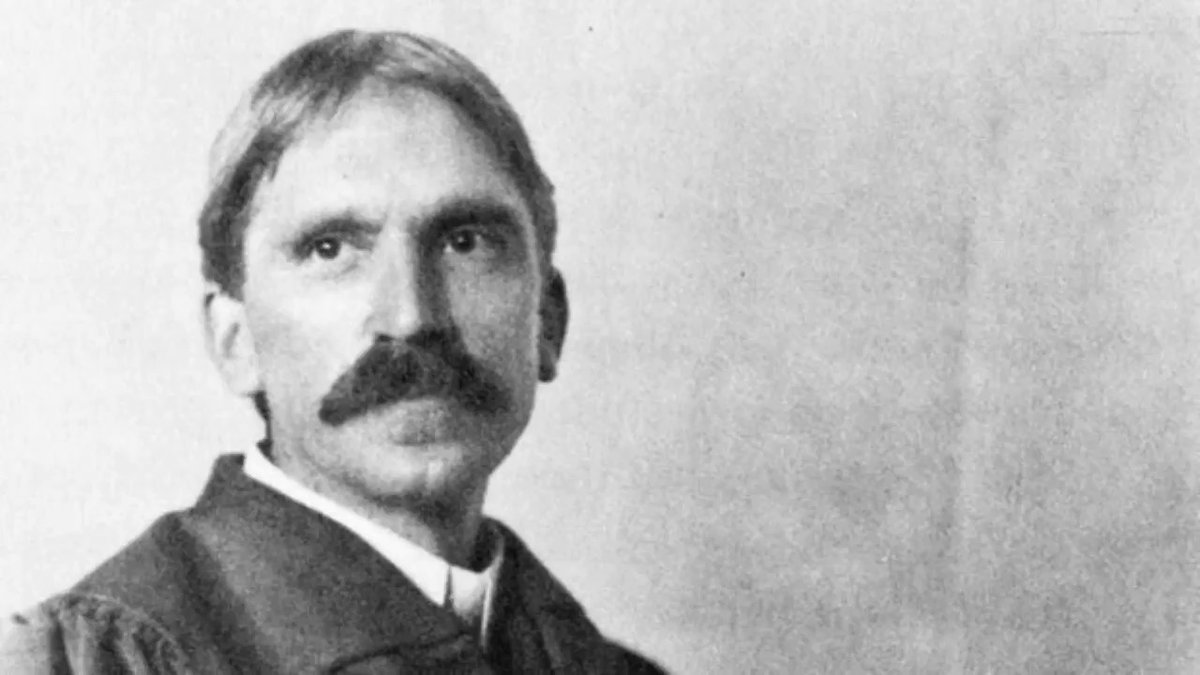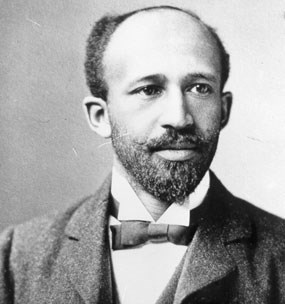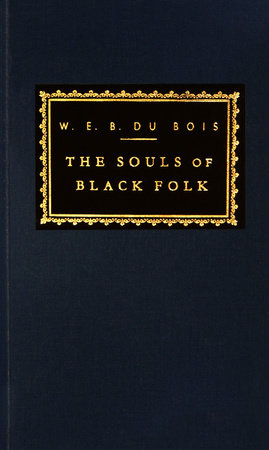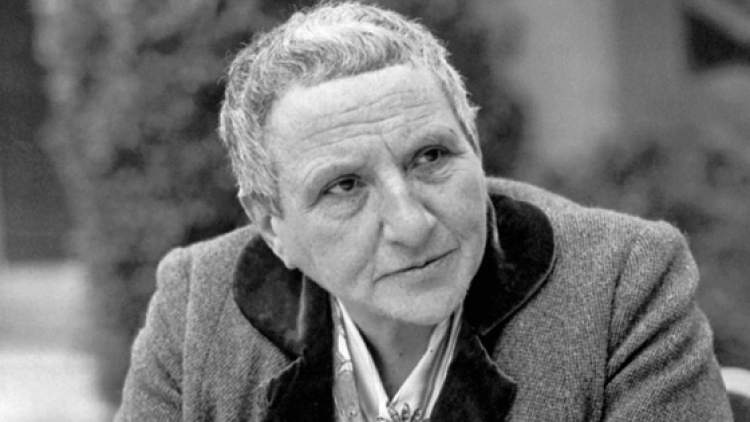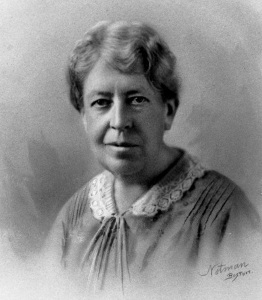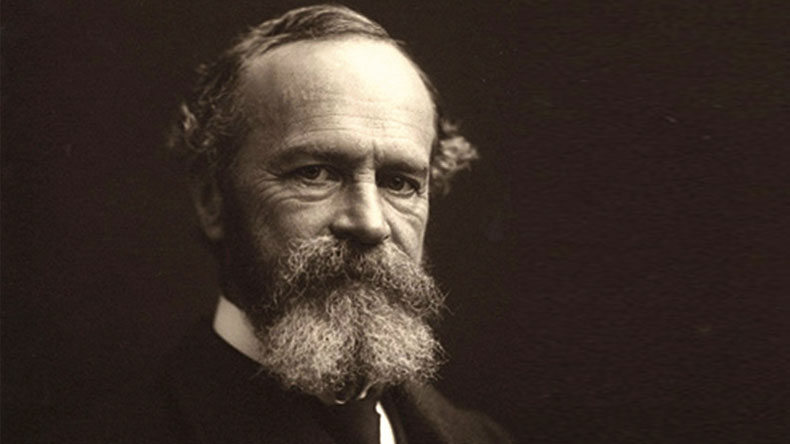Happy William James Day, friends.
The great pragmatist philosopher and father of American psychology was born on this day in 1842. Midway through a re-reading of The Varieties of Religious Experience, I will also spend some time with his letters today.
A hagiographic thread.
The great pragmatist philosopher and father of American psychology was born on this day in 1842. Midway through a re-reading of The Varieties of Religious Experience, I will also spend some time with his letters today.
A hagiographic thread.
William was the 1st child of Henry and Mary Walsh James.
He is born at Astor House in NYC. Henry befriends the transcendentalist philosopher Ralph Waldo Emerson around this time. Emerson soon visits their home and "blesses" the infant.
He is born at Astor House in NYC. Henry befriends the transcendentalist philosopher Ralph Waldo Emerson around this time. Emerson soon visits their home and "blesses" the infant.
Living in Windsor, England in May of 1844, his father experiences a major breakdown but finds consolation in the writings of Emanuel Swedenborg, a Swedish Christian mystic.
Much of William's writings would be in reaction to the rigid idealism found in thinkers like Swedenborg.
Much of William's writings would be in reaction to the rigid idealism found in thinkers like Swedenborg.
During William's youth, his father begins publishing social and philosophical works influenced by the Swedenborgian religion.
Their home is frequented by other transcendentalists like Bronson Alcott and George Ripley, and the prominent newspaper editor Horace Greeley.
Their home is frequented by other transcendentalists like Bronson Alcott and George Ripley, and the prominent newspaper editor Horace Greeley.
Much of William's early education happens abroad. He attends a multilingual school in Geneva where he picks up French & German. His many schools include stops in Germany and Paris.
While in France he visits the Louvre often, no doubt feeding his aspirations to become an artist.
While in France he visits the Louvre often, no doubt feeding his aspirations to become an artist.
At age 15, he is admitted to the studio of painter Leon Cogniet.
His interest in art would deepen as he also gets to meet the painter John La Farge. His artistic abilities help him in sketching cadavers when he enters the University of Geneva to study science and anatomy.
His interest in art would deepen as he also gets to meet the painter John La Farge. His artistic abilities help him in sketching cadavers when he enters the University of Geneva to study science and anatomy.
At age 18 he returns to the US to become an artist:
"I have fully decided to try the career of a painter. In a year or two I shall know definitely whether I am suited to it or not. If not, it will be easy to withdraw. There is nothing on earth more deplorable than a bad artist."
"I have fully decided to try the career of a painter. In a year or two I shall know definitely whether I am suited to it or not. If not, it will be easy to withdraw. There is nothing on earth more deplorable than a bad artist."
1 year later William abandons painting, begins studying chemistry at Harvard under the tutelage of Charles William Elliot.
Here he meets Oliver Wendell Holmes, Jr., the future supreme court justice, and befriends Charles Sanders Peirce, who would later coin the term pragmatism.
Here he meets Oliver Wendell Holmes, Jr., the future supreme court justice, and befriends Charles Sanders Peirce, who would later coin the term pragmatism.
Always the experimentalist, while studying chemistry at Harvard, he eats special breads to test the effect of different yeasts on his own urine.
(No need for supplemental imagery here.)
(No need for supplemental imagery here.)
During the Civil War, his brother Wilky becomes adjutant to Robert Shaw, commander of the 54th Massachusetts, the first black regiment in the Union Army (as depicted in the film Glory.) Wilky is wounded at Fort Wagner.
William cares for him and sketches him while he's at home.
William cares for him and sketches him while he's at home.
At age 22, William enters Harvard School of Medicine.
He observes, "My first impressions are that there is much humbug therein, and that, with the exception of surgery...a doctor does more by the moral effect of his presence on the patient and family, than by anything else."
He observes, "My first impressions are that there is much humbug therein, and that, with the exception of surgery...a doctor does more by the moral effect of his presence on the patient and family, than by anything else."
A committed scientist and naturalist, he joins the eminent biologist Louis Agassiz on a trip through the Brazilian Amazon. Becoming rather ill, he notes that he is "cut out for a speculative rather than an active life."
(A new fashion icon is born.)
(A new fashion icon is born.)
He would wrestle with a variety of physical health challenges throughout most of his life.
I presume his own struggles with "the active life," are part of why he remains so emphatic about the importance of experience and experimentalism over the speculative and the abstract.
I presume his own struggles with "the active life," are part of why he remains so emphatic about the importance of experience and experimentalism over the speculative and the abstract.
Many of these difficulties centered around his bouts of melancholy and suicidal rumination.
He points to his own embrace of deterministic and mechanistic explanations of the world as partial contributors to his downtroddenness.
(A sketch by William James.)
He points to his own embrace of deterministic and mechanistic explanations of the world as partial contributors to his downtroddenness.
(A sketch by William James.)
In 1867, he moves to Europe to study German and physiology in Berlin and Dresden.
In Germany, he meets the philosopher Wilhelm Dilthey through the son/nephew of the Grimm Brothers. https://twitter.com/Jeffrey_Howard_/status/1310988370076561410
In Germany, he meets the philosopher Wilhelm Dilthey through the son/nephew of the Grimm Brothers. https://twitter.com/Jeffrey_Howard_/status/1310988370076561410
The burgeoning field of psychology is blossoming in Germany.
William briefly studies experimental psychology under Wilhelm Wundt and Hermann von Helmholtz, but soon returns to Berlin "under the influence of a blue despair."
William briefly studies experimental psychology under Wilhelm Wundt and Hermann von Helmholtz, but soon returns to Berlin "under the influence of a blue despair."
At this point in his life, he would encounter the writings of the French philosopher Charles Renouvier. Renouvier's views on free will would later shake William from his melancholic stupor, offering a religious awakening of sorts.
"Thanks to you I have for the first time, an intelligible and reasonable conception of freedom,” William James would write in an 1872 letter to Charles Renouvier. “I am beginning to be reborn to the moral life.”
An unmarried Victorian at age 27, he confides to his brother Bob that he has determined to never marry for he's deeply troubled that he will pass on his nervous disabilities to his own children.
9 years later he marries Alice Howe Gibbens.
9 years later he marries Alice Howe Gibbens.
That same summer he and Alice honeymoon in Keene Valley, New York.
Here he owns a farmhouse in the Adirondack Mountains with a few of his buddies. Having just signed a contract to write a book on psychology, he would even work on it during portions of his honeymoon.
Here he owns a farmhouse in the Adirondack Mountains with a few of his buddies. Having just signed a contract to write a book on psychology, he would even work on it during portions of his honeymoon.
What has since become a foundational text that is still used in psychology classrooms in universities across the US, it took William a decade to complete The Principles of Psychology.
In 1882 his mother dies of bronchial asthma. His father becomes ill and would follow her into the grave nearly a year later.
William would write a farewell letter to his father that his brother, Henry, Jr., would read aloud at their father's grave.
William would write a farewell letter to his father that his brother, Henry, Jr., would read aloud at their father's grave.
This farewell letter highlights his magnanimity, despite deep philosophical differences:
"All my intellectual life I derive from you; and though we have often seemed at odds in the expression thereof, I'm sure there's a harmony somewhere, and that our strivings will combine."
"All my intellectual life I derive from you; and though we have often seemed at odds in the expression thereof, I'm sure there's a harmony somewhere, and that our strivings will combine."
In 1891, he begins a correspondence with John Dewey, a social reformer who would have few rivals in the 20th century as a public intellectual.
The 3rd member of the trinity of classical pragmatists, Dewey would sometimes refer to his own version of pragmatism as instrumentalism.
The 3rd member of the trinity of classical pragmatists, Dewey would sometimes refer to his own version of pragmatism as instrumentalism.
Probably best known for his contributions to philosophy and psychology of religion, James was also a politically-minded thinker, not bashful about his criticisms of American imperialism. https://twitter.com/Jeffrey_Howard_/status/1266436257455804416
His anti-imperialist views were informed by his more general criticisms of "bigness," in its many forms. He was ever focused on the sui generis of lived experience and subjectivity, much of which doesn't scale up well. https://twitter.com/Jeffrey_Howard_/status/1225830318675914753
Frequent eye strains would blind him temporarily.
To relieve problems with his heart and nervous system, for a brief period he injected a lymp compound mixture of male goat lymph glands, spinal cords, and brains and bull sperm.
He was apparently pleased by the results.
To relieve problems with his heart and nervous system, for a brief period he injected a lymp compound mixture of male goat lymph glands, spinal cords, and brains and bull sperm.
He was apparently pleased by the results.
He has many students that go on to do impactful things, including W.E.B. Du Bois.
Upon reading De Bois' The Souls of Black Folk, William describes it as "a decidedly moving book."
Upon reading De Bois' The Souls of Black Folk, William describes it as "a decidedly moving book."
Gertrude Stein was a psychology student of William's. She attended medical school following his encouragement to enroll; he praised her as his most brilliant female student.
She would eventually drop out of medical school, becoming a leading figure of modernist literature.
She would eventually drop out of medical school, becoming a leading figure of modernist literature.
Mary Whiton Calkins was another notable student of William James. She took courses from both him and Josiah Royce.
Calkins would go on to become the first female president of both the American Psychological Association and the American Philosophical Association.
Calkins would go on to become the first female president of both the American Psychological Association and the American Philosophical Association.
In 1903 he wrote "The Ph.D. Octopus," a short essay critiquing the over-professionalization of academia.
On a personal note, this piece had a sizeable impact on my own decisions to pursue what might be considered less traditional routes in education.
https://www.uky.edu/~eushe2/Pajares/octopus.html
On a personal note, this piece had a sizeable impact on my own decisions to pursue what might be considered less traditional routes in education.
https://www.uky.edu/~eushe2/Pajares/octopus.html
At the end of his life, William begins to suffer recurring "violent" heart pain triggered by any physical or mental exertion.
He would die on August 26, 1910, his body cremated and the ashes interred in the family's plot in Cambridge.
He would die on August 26, 1910, his body cremated and the ashes interred in the family's plot in Cambridge.
I could go into detail about his many great works including Pragmatism, "The Will to Believe," The Meaning of Truth, and Essays in Radical Empiricism but I'll save those for future threads. I mostly want to say that his efforts continue to have a monumental impact, IMO, for good.
Nearing his death, he gave up hope of finishing another philosophical work that was in progress.
He left these instructions: "Say that I hoped by it to round out my system, which now is too much like an arch built only on one side."
He left these instructions: "Say that I hoped by it to round out my system, which now is too much like an arch built only on one side."
To echo his friend Charles Peirce, to whom William James is deeply indebted to philosophically, the community of inquirers march on.
There's plenty he's gotten wrong. But there's also an abundance of ideas he's authored that have resulted in a great deal of good in ppl's lives.
There's plenty he's gotten wrong. But there's also an abundance of ideas he's authored that have resulted in a great deal of good in ppl's lives.
Largely a review of @JohnKaag's book, Sick Souls, Healthy Minds, I wrote this essay last year as an ode to William James, highlighting some of the great insights I've experienced in my encounters with James' pragmatist approach to philosophy and life. https://erraticus.co/2020/06/24/john-kaag-sick-souls-healthy-minds-william-james-pragmatism/

 Read on Twitter
Read on Twitter